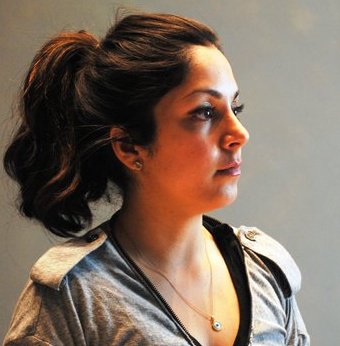By Fadi Hakura
Spring has come early this year to the Arab world. Climate change has awakened the once comatose Middle East from the stupor of singular leaderships. A new dawn of democracy and freedom is sprouting from Morocco to Oman. Or so we are told.
Weather forecasting is a tricky business. Future projections can be horribly inaccurate. Despite sophisticated models and satellite imagery, deciphering weather patterns is an inexact science. Fortune-telling the Middle East is no less an illusive mirage in the squelching heat of the Arabian desert.
Democratic pluralism is never a foregone conclusion. Challenges to the old order cannot guarantee linear outcomes. Although Egypt’s Mubarak is past tense, the state apparatus he built is certainly not. Yemeni and Libyan tribalism will not disappear with regime change. Sunni-Shia sectarianism will remain a defining feature of Bahrain, Iraq and Lebanon. Religious minorities will fret about governance by Islamist parties, moderate or otherwise. Factionalism will continue tearing Palestinian unity apart.
History teaches us that free and fair elections alone will not cure the steep divisions in Arab societies. Indeed, they will probably exacerbate them. Shorn of feelings of national solidarity, narrow sectional interests may dictate voting patterns. A crucial piece of the puzzle is missing. Without it, the Arab countries will have the edifice of democracy but not genuine representative institutions.
That crucial (missing) piece is secularism, a principle which girds most vibrant democracies; the belief that the state should exist separately from religion or religious beliefs. Governments should not privilege one religion over another nor derive policy from a particular religious source. They should be equidistant from all religions, effectively blind to someone’s religious persuasion.
Secularism is a misunderstood concept in much of the Middle East, a legacy of the Cold War. Arabs confuse secularism with atheism, understanding it to mean freedom from religion rather than freedom of religion. More damaging is secularism’s association with the past regimes in Egypt and Tunisia, both known for their containment of Islamist movements. However, those very regimes mobilized religious fervor through state propaganda and lavish budgets to maintain favor with electorates.
Egypt is debating the role of religion in society as it considers a new constitution. Article 2 of the current constitution, introduced in 1980, defines Islam as the state religion and “the principal source” of law. While Coptic Christians demand its abrogation, the overwhelming Muslim opinion support its retention. Copts see this article as exclusionary and divisive. They want a civil state based on citizenship, not on affiliation to a specific religion.
Lebanon and Iraq institutionalize confessional politics to new heights. Their sectarian-rooted democracy reserves the highest offices for representatives from certain religious communities. Naturally, it has achieved a fragile social peace at the expense of nationhood. In the timeless words of Khalil Gibran: “Pity the nation divided into fragments, each fragment deeming itself a nation.”
The Pew Research Center, a respected international pollster, provides ample evidence for the benefits to separation of religion and state. It showed in a 2009 survey that liberal secular democracies exhibited the least government restrictions and public hostility to minority religions. Arab countries, (as well as?) Iran and Turkey demonstrated the diametric opposite. Secularism protected minority beliefs; the integration of religion and government is a harbinger of civil strife and discrimination.
This study also revealed that many types of secular democracies preserved religious diversity. Secularism is flexible enough to accommodate different national circumstances. Take France. It traditionally opposes any state religion or overt displays of religious symbols. Nevertheless, religious minorities are allowed to flourish in a permissive environment. Or take England. Even though the Church of England is the established church, a wide array of faiths enjoy near unlimited freedom. There is, in other words, no single model of democratic secularism provided tolerance is respected.
Flexible or not, nurturing secularism in the Arab world is a tall order. Like democracy, it is a process not an event. Secular democracy requires a transformation of cultures and mentalities. This will not be easy even in the best of times. Yet, it is the only ideal that can prevent the onset of a severe Arab winter.
Fadi Hakura is manager of the Turkey project at UK-based Chatham House. This article is part of the series “Religion, Politics & the Public Space” in collaboration with the United Nations Alliance of Civilizations and its Global Experts project (www.theglobalexperts.org). The views expressed in these articles are those of the authors, and do not necessarily reflect those of the United Nation Alliance of Civilizations or of the institutions to which the authors are affiliated.


